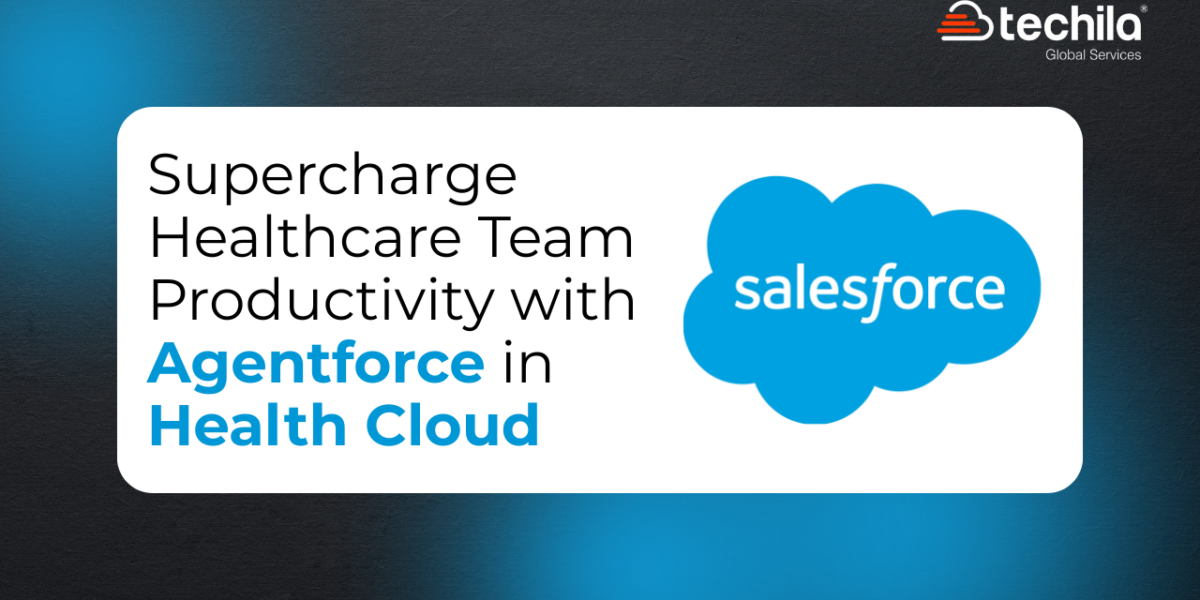Gone are the days when the marketing executives used to physically collect customer data and analyze the same to come up with unique and customized marketing practices. In the age of digital marketing, the process of marketing as a whole has taken to automation to a considerable extent, which has only helped the marketers in increasing their speed and accuracy.
When it comes to the software that aids automation in the market, two of the most prominent players out there are Pardot and Marketing Cloud. Unless you know the subtle differences and key features of the two in detail, it is common to get confused between the two platforms. Adding to the confusion is the fact that both the platforms are owned and managed by Salesforce!
Certain features will be common between Salesforce Marketing Cloud and Pardot because both are platforms built for market automation and analytics. Both the software provide the users with common features such as lead nurturing and management, automation of email, integrating CRM, and many more.
However, it is important to ascertain certain key differences between the two as Pardot vs Marketing Cloud in 2020 can be a prominent topic of discussion, owing to the speed with which several marketing software is being introduced in the field of digital marketing.
Brief Overview Regarding Pardot vs Marketing Cloud That You Need To Understand
While Marketing Cloud is built as a platform that focuses more on the Business-to-customer (B2C) module of marketing, Pardot primarily functions on the Business-to-Business (B2B) module.
Marketing Cloud, owing to its B2C approach, is designed to effectively deal with databases that are larger in size but having relatively smaller sales value. On the other hand, Pardot is programmed and built to deal with a database that may be smaller in size, but possesses a greater sales value, making it a favorite for businesses working as per the B2b marketing module.
While Salesforce Marketing Cloud has more marketing features to offer such as Advertising and Mobile Studio, Pardot is essentially software that provides specialized services in the field of email marketing.
As compared to Marketing Cloud, Pardot is designed for businesses that deal with large-scale B2B transactions and provide these businesses with more enhanced marketing and sales alignment. On the other hand, Marketing Cloud is designed to work exclusively with B2C platforms and helping businesses in customer journey communications on a one-on-one basis. Marketing Cloud is also suitable for businesses that prefer using mixed channels of communication.
It will not really be fair to compare the two platforms on common grounds as both the platforms provide their services about different client bases. However, the key differences between the two are explained in a little more detail as follows
Also, Read: Top 3 Salesforce Marketing Cloud Features
The Difference In Marketing Module
As mentioned earlier, the major difference between Pardot and Marketing Cloud lies in the fact that they are used exclusively for different marketing modules. While Pardot is preferred by businesses that follow the module of Business-to-business (B2B) communication, Salesforce Marketing Cloud is specialised to offer services to businesses that follow the Business-to-customer (B2C) approach to marketing.
If you are faced with an option of choosing between the two platforms, go through your business module and the core objectives your firm follows based on the marketing channel it is willing to follow. If your business required more specific services pertaining to customer personalisation, effective lead nurturing and social media marketing, Marketing Cloud would be the best option you can choose for your enterprise.
On the other hand, if your business has large-scale dealings with other businesses and you need specialised approach in the field of email marketing, sales alignment and automation in similar activities, go with Pardot as your marketing software.
Exclusive Services Offered By Marketing Cloud
Salesforce Marketing Cloud is carefully designed comprising of several modules, each module taking care of a specific service provided by the platform in the field of digital marketing.
For instance, SMS campaigns can be created, managed and executed using MobileConnect feature of Marketing Cloud. Email Studio allows the users to make elaborate a email campaigns and manage the same in an efficient manner. Social Studio enables the marketers in charting out effective Social Media campaigns and reach out to maximum existing and potential customers.
Advertising Studio would provide services that pertain to designing advertising campaigns regarding the customer database stored in your system. Journey Builder uses the database of your customers and helps you cater to them through several customer channels, guiding you every step of the journey.
If you feel your business is need of these are a lot of similar services, don’t think twice before opting for Salesforce Marketing Cloud.
Exclusive Services Offered By Pardot
Pardot is a Latvian translation for the term “to market”. This software helps your business undergo hardcore marketing if you believe in closing your business deals directly through your sales team instead of using a website or any other similar platform.
Pardot is also ideal for your organisation if you tend to have longer sales cycles and/or if your limited database possesses a higher value of product/service sales. Pardot will automate these marketing aspects your executives deal with daily and relieve you of considerable stress and complications.
The way Pardot is designed would also help you exclusively with the processes involving effective nurturing of your leads. it would facilitate the cleaning of your sales pipeline off the leads that are unresponsive and setting up another pipeline for the leads that require special attention to be converted, thereby increasing your marketing efficiency and the way you deal with your partners/customers.
In spite of having similar email automation services that are provided by Marketing Cloud, Pardot takes more extensive care of email marketing by helping you in creating special drip campaigns. These campaigns also help you in personalised the services you offer to your customers by making lead assessments and tracking relevant data generated through website interactions.
Pardot also helps you in assigning the leads your executives have successfully generated in a sophisticated, simple and automated manner. The software would also help you in scoring and qualifying your lead so that your priorities are already sorted, also allowing you to set personalised notifications for updates, a feature not present in Salesforce Marketing Cloud.
As you are now well-aware of the exclusive features offered by both Pardot and Marketing Cloud, features common in both the platforms as well as the target market they are dealing with, you can make your choice according to these parameters.
However, make sure you use the platforms to their fullest once they are installed in your system. Also, a regular check of your customer database is important as it serves as the fodder for the services offered by marketing automation software. You cannot expect these platforms to magically correct the errors you made in feeding your system with incorrect data. It is therefore important to understand the responsibility of handling the customer data effectively before choosing any platform that would automate the further complicated processes for your own good!

 +1 561 220 0044
+1 561 220 0044 +61 255 646464
+61 255 646464 +91 909 080
3080
+91 909 080
3080

